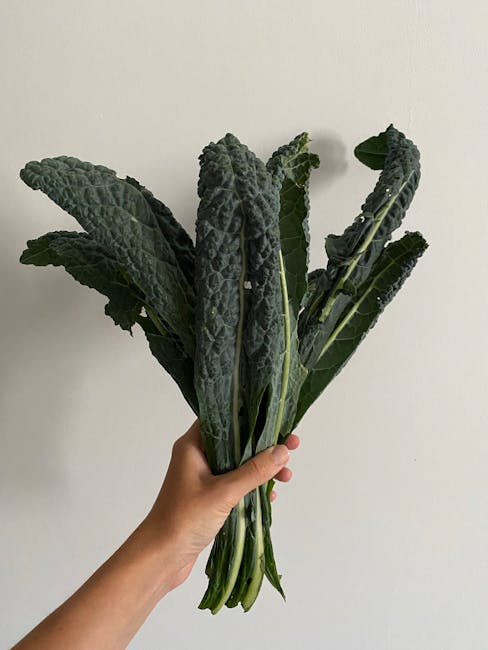

# Organic vs. Conventional Veggies: What’s the Difference?
Ever stared at the produce aisle, wondering what the difference is between those “organic” and “conventional” vegetables? It’s a common question, and it’s worth understanding! Essentially, the difference boils down to how the vegetables are grown.
Conventional vegetables are grown using methods that often involve synthetic pesticides and fertilizers. These chemicals help control pests and boost growth, resulting in higher yields. This often leads to lower prices in the supermarket.
Organic vegetables, on the other hand, are grown without these synthetic chemicals. Farmers use natural methods to manage pests, such as crop rotation, beneficial insects, and compost. They also rely on natural fertilizers. This approach aims to protect the environment and produce food that’s free from synthetic residues.
So, what’s the price difference? Organic vegetables are usually more expensive. This is due to the higher labor costs associated with organic farming methods and often lower yields.
Is it worth choosing organic? That’s a personal decision. Some people prioritize avoiding synthetic pesticide residues, believing it’s better for their health and the environment. Others may find the price difference too significant. There’s no right or wrong answer; it depends on your priorities and budget. Consider factors like your personal health concerns, environmental consciousness, and your financial situation.
Ultimately, both conventional and organic vegetables provide essential nutrients. The choice is yours!